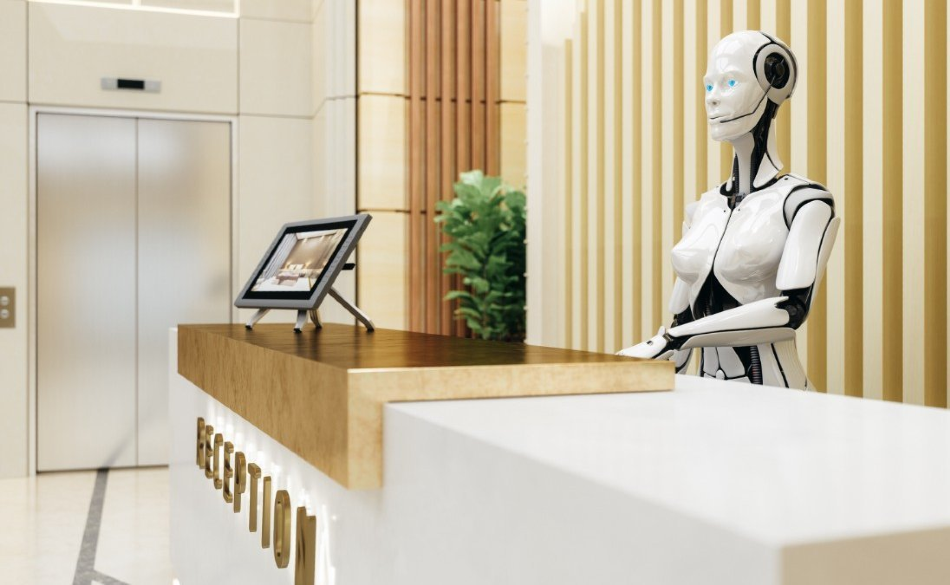
Image Credit: Getty Images/Imaginima.
The study described in the paper involved discussing with 19 hotel HR experts to find out the main trends and major difficulties that will arise in the following decade and how leaders must handle the problems caused by service robot technologies.
The findings of the research demonstrate that while service robots are expected to enhance productivity and efficiency of hotel activities, they might also lead to difficulties like skill deficits, high costs, and considerable changes to the organizational culture and structure of hotels.
Thus, the expected applications and incorporation of robotic technology will need leaders of the future to cautiously examine the balance between the parts played by service robots and human employees in the guest experience and to develop a work environment that nurtures change and open-mindedness.
The project was completed in March 2020, just when the COVID-19 pandemic broke out. Since the virus made non-essential travel impossible, a majority of the hotels around the world are facing a disastrous economic impact.
At present, more focus has been directed toward developing novel methods of deploying service robots throughout the economic sectors to restrict human interaction. Keeping the current pandemic situation in mind, several industries need to reinvent systems and processes to deal with a new way of isolated life.
In hotels, robotic interaction could enable more socially spaced models of operation to allow a quicker and secure reopening and recovery of a few hotels.
Application of service robots in the hotel industry is on the rise. With the added factor of a need to reassure potential guests that their stays will be compatible with minimized social contact and human interaction, this process could be accelerated.
Dr Tracy Xu, Study Lead Author, Lecturer in Hospitality, School of Hospitality and Tourism Management, University of Surrey
Xu continued, “During the lockdown period it is likely that hotel managers will be planning for a ‘fresh start’ in the recovery and rebuilding period after the social isolation restrictions have been lifted and this is predicted to have a positive stimulus on the adoption of service robots.”
“The anticipated applications and integration of robotic technology will require leaders of the future to carefully consider the balance between the roles of service robots and human employees in the guest experience and to nurture a work environment that embraces open-mindedness and change,” added Xu.
Fellow Surrey colleague and Teaching Fellow Mark Ashton and Jason Stienmetz, Assistant Professor at MODUL University Vienna, collaborated with Dr Xu in her study.
This is the first type of study to examine hospitality leadership and human resource management in the context of robotized hotels and at a time where hotels seem to need it most. Forward-thinking businesses who are proactively prepared for the introduction of these exciting new technologies will benefit in the long term.
Mark Ashton, Teaching Fellow, University of Surrey
Journal Reference:
Xu, S., et al. (2020) How will service robots redefine leadership in hotel management? A Delphi approach. International Journal of Contemporary Hospitality Management. doi.org/10.1108/IJCHM-05-2019-0505.